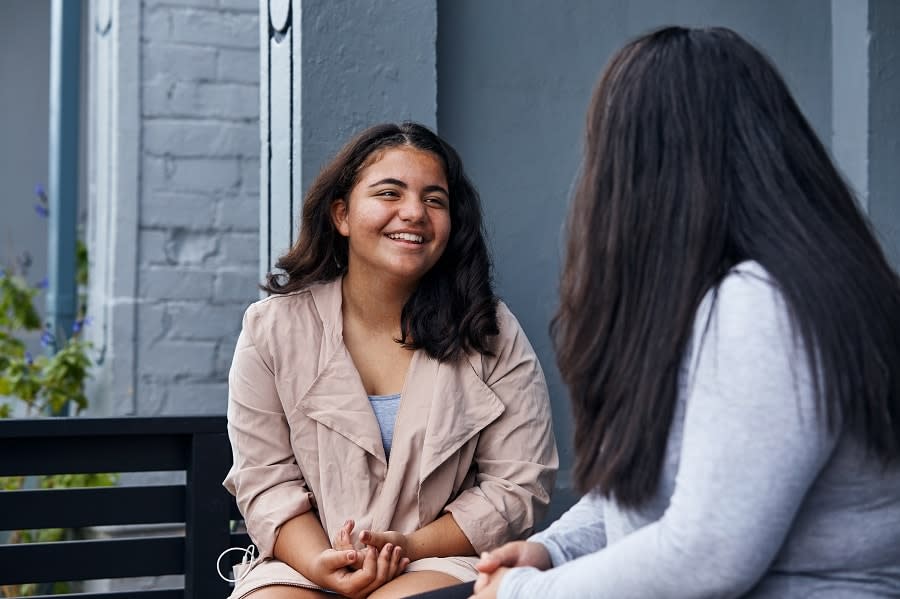This lesson supports students in taking the next step, if necessary, to end a toxic friendship. It can work as a follow-up activity to the ReachOut Schools lesson When friends aren’t friendly, which helps students to identify when a friendship might be toxic and the strategies they can use for dealing with various situations.

Year level
7-8

Duration
5 minutes

Type
In class activity

SEL Competencies
Relationship skills
Learning intention
Students learn different strategies they could use if they are thinking about ending a toxic friendship.
Key outcomes
By the end of the lesson, students will be able to:
Identify and categorise strategies they might use for ending a toxic friendship, based on their personal preferences.
Materials needed
Access to ReachOut.com article 3 ways to end a toxic friendship
Students’ notebooks
Mapped to
Australian Curriculum: Health and Physical Education
Plan and implement strategies, using health resources, to enhance their own and others’ health, safety, relationships and wellbeing (AC9HP8P10)
Refine protective behaviours and evaluate community resources to seek help for themselves and others (AC9HP8P08)
Plan, rehearse and evaluate strategies for managing situations where their own or others’ health, safety or wellbeing may be at risk (AC9HP10P08)
Australian Curriculum: General Capabilities
Personal and Social Capability:
Social management
NSW PDHPE Syllabus
Examines and evaluates strategies to manage current and future challenges (PD4-1)
Victorian Curriculum: Health and Physical Education
Evaluate strategies to manage personal, physical and social changes that occur as they grow older (VCHPEP124)
Activity 1
Instructions
5 minutes
Students read the ReachOut.com article 3 ways to end a toxic friendship.
Students create a three-column PMI (Plus, Minus and Interesting) chart in their notebooks.
In pairs, or individually, students write down which strategies they would use or think are useful in the ‘P’ column, any they wouldn’t use or wouldn’t find useful in the ‘M’ column, and any they think are interesting or that are new to them in the ‘I’ column.
As a class, discuss the strategies suggested in the article. If comfortable, ask volunteers to discuss the following questions:
Which strategies do you think are effective or relevant, and have you ever tried any of these?
Which strategies would you feel uncomfortable using? If so, why?
Debrief: Ending a toxic friendship is never easy. It can be an emotional and difficult decision to make. It’s important for students to understand that if they, or a friend, needs extra support, they could speak with their school counsellor or engage in self-care activities. For more information, direct students to:
ReachOut.com’s Professional help collection
ReachOut.com’s Self-care collection




